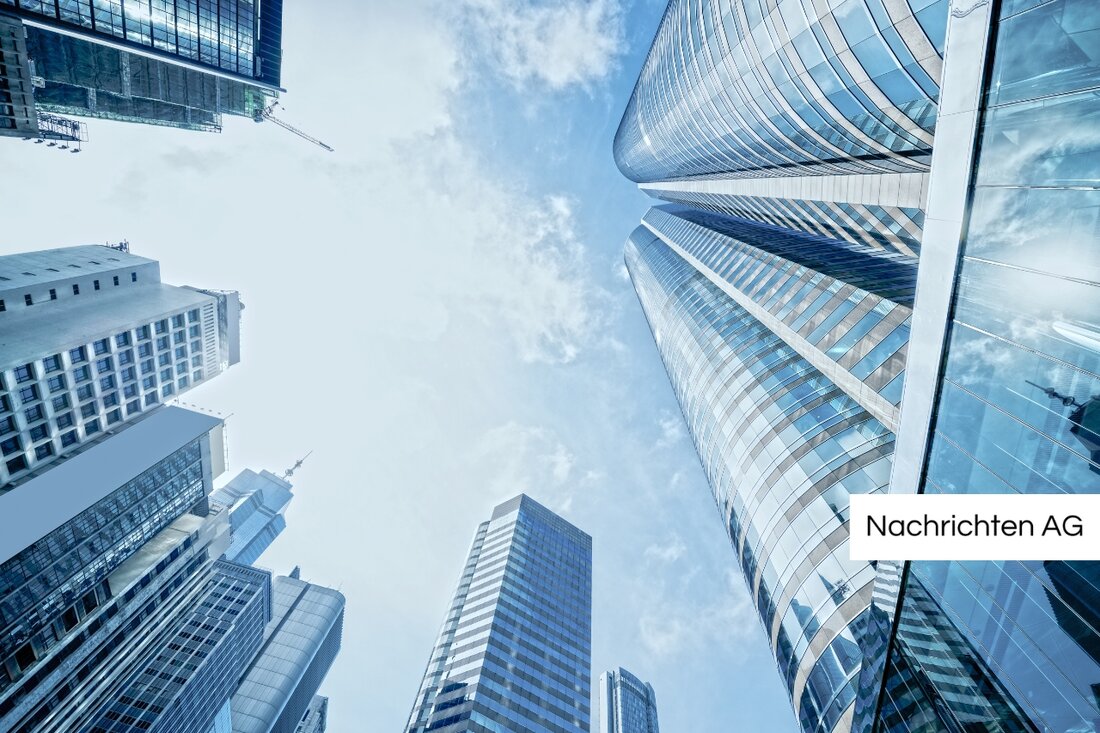Water consumption in Lienz: Students reveal exciting facts!
Water consumption in Lienz: Students reveal exciting facts!
Mallnitz, Österreich - On May 28, 2025, the “Friends of the National Park” celebrated the 25th anniversary of the Water School in the BIOS National Park Center Mallnitz. On this occasion, five pupils interviewed: Inside the Lienz high school, visitors about the Wasser resource and acted as a "water detective: inside" at an interactive stand. The respondents reported that they consumed water between two and three liters every day. In addition, a narrow majority stated that an average of 100 to 150 liters of water per day, which corresponds to the European average. Popular water -saving measures of the participants included watering with rainwater and showering instead of bathing.
The investigation showed that many respondents were informed about the problem of the microplastics, especially about the fact that tire abrasion represents the largest source for microplastic pollution. Around 40 percent of the respondents knew the term "virtual water", but only a few of them were able to explain it correctly. After the surveys, the students presented: their results inside the audience and thus contributed to the awareness of water.
virtual water and its meaning
virtual water stands for the water that is required to produce a product without the consumer being perceived directly. In Germany, the daily per capita consumption of virtual water is around 7,200 liters, which is more than six times the visible water consumption of around 130 liters per person. A good example of this is that around 15,000 liters of water are required for the production of 1 kg beef, while jeans require at least 10,000 liters of virtual water. These figures illustrate how the consumption of food and textiles influences water consumption worldwide.
The importance of virtual water is also evident in international water distribution. Germany imports 20 cubic kilometers of virtual water for coffee and cocoa every year, which shifts the water consumption of water shortage regions in which production often takes place. Around 80 percent of the imported water is eliminated on agricultural products such as coffee, cocoa and animal products. However, this distracts from the need for sustainable water management and political reforms. Instead, consumers should become aware of their own water footprint and choose sustainable alternatives.
sustainable water use
The water school of the Hohe Tauern National Park conveys the importance of water as a livelihood for humans and nature through interactive modules and practical learning content. Another goal is to promote access to clean water in disadvantaged regions. The agricultural sector in Germany has a water footprint of 117.6 cubic kilometers annually, which makes the challenges in relation to water consumption more clearly.
In order to protect the water resources, sustainable agricultural practices and conscious consumption are of crucial importance. Tips for water savings include, for example, intelligent irrigation systems, the use of rainwater and control for leaks. Local purchasing of products can not only reduce water consumption, but also support the local economy and reduce the transport effort.
In summary, it can be said that each of us can contribute to saving water through conscious decisions in everyday life. The findings of the students: Interior from the Lienz grammar school illustrate how important it is to raise awareness of water consumption and management in order to secure future generations a sustainable resource.| Details | |
|---|---|
| Ort | Mallnitz, Österreich |
| Quellen | |


Kommentare (0)